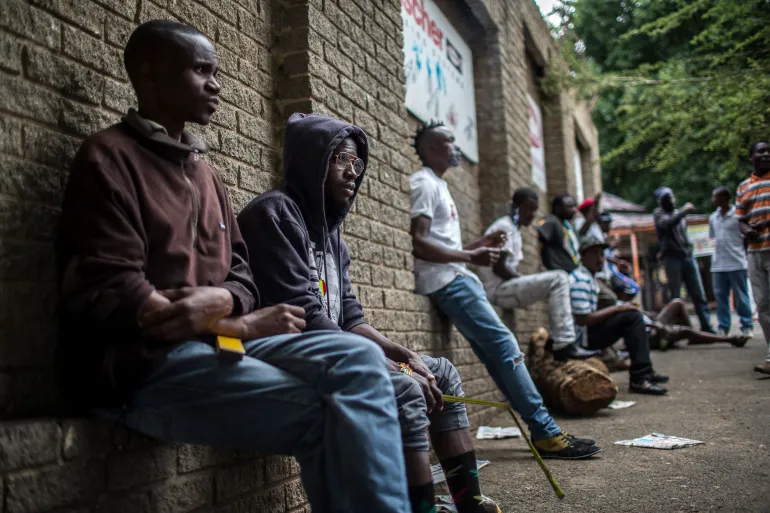
African migration is often seen through the lens of movements towards Europe. This series takes a different route.
Starting on Monday, the Africa desk at Al Jazeera is launching a new weeklong feature series on intra-Africa migration, called “Migration within Africa: Home so close to home”.
Here’s why.
For decades, the matter of Africans migrating has usually been discussed through the lens of conflict or irregular migration, which is often termed as “illegal”, across stormy seas and into the often unwelcoming arms of Europe.
Even though accurate migration data is hard to come by, the United Nations says more than 31 million Africans live outside the country of their birth. The majority of those movements are within the continent – only a quarter go to Europe.
That is because the default setting for many Africans is to move within the continent than elsewhere. It is mostly cheaper and sometimes easier.
Within the eight regional blocs, there is freedom of movement and trade. So a Ghanaian living as an expatriate worker in the Ivorian capital, Abidjan, can patronise Nigerien meat sellers, have a Burkinabe housekeeper and drink coffee with Nigerian and Malian colleagues – with none of them needing a visa to be there.
But some of the problems that make travelling outside Africa cumbersome are also present in intra-Africa travel; some visa applications still take on average 10-15 working days and require a truckload of documents.
Flight connections between different parts of the continent are too few and far between, too. A mooted African Union passport launched in 2016 is yet to scale; only diplomats and government officials have it.
And in countries like Tunisia and Libya, other Africans from outside North Africa are facing discrimination and attacks, often treated as cargo to be repatriated or processed rather than as fellow humans. In South Africa, vigilantes like Operation Dudula harass migrants from elsewhere on the continent with xenophobic campaigns.
Still, migration on the continent continues in large numbers and unheralded for the most part.
This new series documents the often under-reported angle of movements within Africa’s borders, highlighting how Africans look first to their neighbours before turning to the rest of the world.
It tells the stories of people who have found new niches and communities as they go through challenges and opportunities while moving within the continent.
These stories include those of a travelling Malian salesman traversing Senegal, a Zimbabwean demining expert living on the road in South Sudan, a Nigerian sex worker in Ghana and the Zimbabwean marathoner adjusting to life in South Africa. There’s also the Mozambican electrician who fled his country during war and again because of the economy.
We hope these stories will inspire a celebration of the resilience of the human spirit and provoke deep reflection about movement within Africa.
